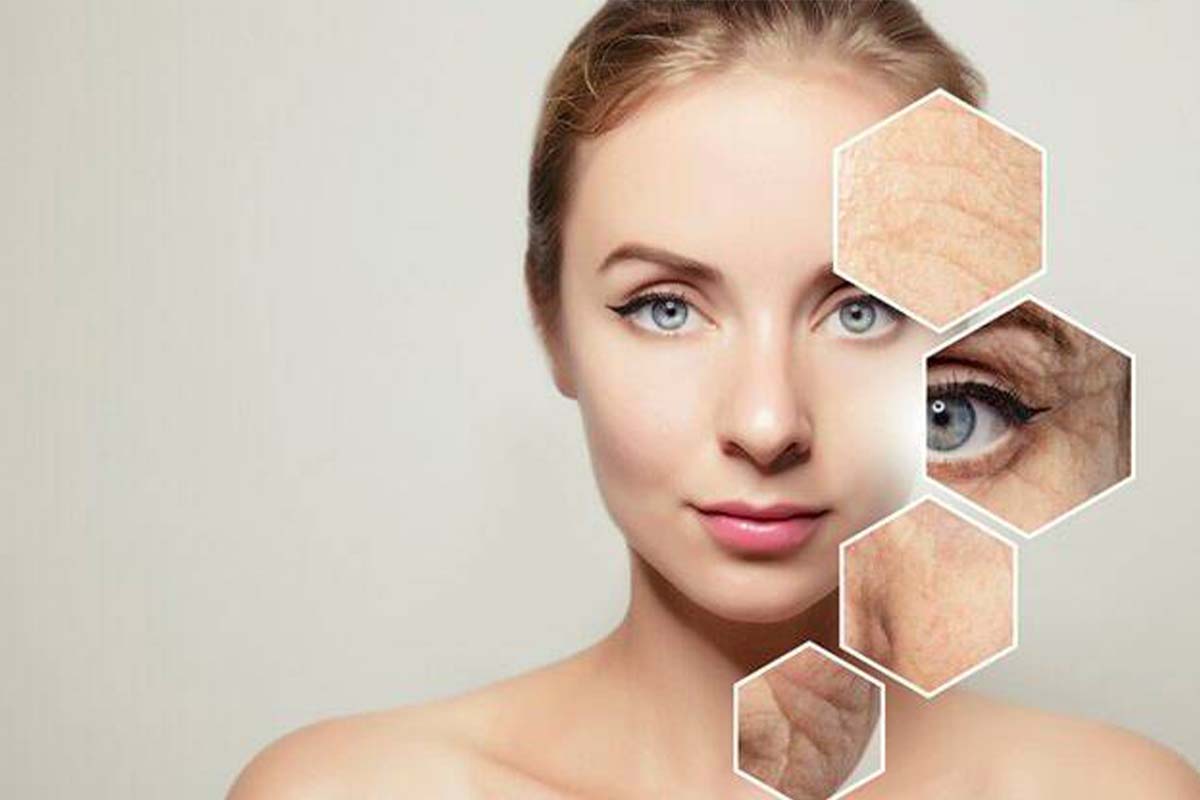Collagen isn't just another wellness trend—it’s a fundamental component of skin health. Whether you're in your 20s and aiming for preventative care, or in your 50s and looking to restore skin elasticity, understanding collagen’s role can help you make informed choices. This article delves into collagen sources, its benefits for the skin, and the most effective non-surgical methods for boosting it naturally.
Sources of Collagen
Collagen can be obtained from various sources, both natural and supplemental:
1. Natural Food Sources
-
Bone Broth: A rich source of collagen extracted from animal bones and connective tissues.
-
Fish Skin: Marine collagen is highly bioavailable and easily absorbed by the body.
-
Egg Whites: Contain proline, an essential amino acid for collagen synthesis.
-
Leafy Greens: Packed with chlorophyll, which supports collagen production.
-
Berries and Citrus Fruits: High in vitamin C, a key nutrient for collagen formation.
2. Collagen Supplements
-
Hydrolyzed collagen peptides (commonly found in powders)
-
Marine collagen (extracted from fish)
-
Bovine collagen (sourced from cows)
-
Vegan collagen boosters (stimulate natural collagen production without animal products)
Benefits of Collagen for the Skin
Collagen provides a range of skin-enhancing benefits, including:
-
Improving skin elasticity: Helps reduce fine lines and wrinkles.
-
Enhancing hydration: Collagen retains moisture, preventing dryness.
-
Boosting wound healing: Plays a critical role in skin repair.
-
Strengthening hair and nails: Encourages healthy growth and prevents brittleness.
-
Reducing acne scars: Supports skin regeneration and even tone.
How Non-Surgical Methods Boost Collagen Naturally
Surgical interventions may offer quick fixes, but several non-invasive techniques help stimulate collagen production naturally:
1. Dietary and Lifestyle Approaches
-
Protein-rich diet: Lean meats, fish, and legumes supply amino acids essential for collagen synthesis.
-
Adequate vitamin intake: Vitamins C and E act as collagen-supporting antioxidants.
-
Hydration: Drinking enough water enhances skin health and collagen retention.
-
Avoiding sugar and processed foods: Excess sugar leads to collagen degradation.
2. Topical Skincare Treatments
-
Retinoids and Vitamin C Serums: Encourage collagen synthesis and cell turnover.
-
Peptides in skincare: Stimulate collagen production on a molecular level.
-
SPF protection: Prevents collagen breakdown from UV exposure.
3. Advanced Non-Surgical Techniques
-
Microneedling: Stimulates collagen regeneration by creating micro-injuries in the skin.
-
Radiofrequency Therapy: Uses heat to promote collagen remodeling.
-
Laser Treatments: Enhances skin renewal and collagen production.
-
Red Light Therapy: Penetrates deep layers of the skin, boosting collagen formation.
Collagen at Different Ages: What to Expect
Collagen production naturally declines with age, but understanding its phases can help optimize your skincare routine:
-
In Your 20s: Prevention is key—incorporate SPF, vitamin C, and antioxidants.
-
In Your 30s: Early signs of aging appear—introduce retinoids and peptides.
-
In Your 40s: Deeper wrinkles and loss of volume—non-invasive collagen-stimulating treatments become essential.
-
In Your 50s and Beyond: Collagen decline accelerates—diet, supplements, and professional treatments help maintain firmness and hydration.


